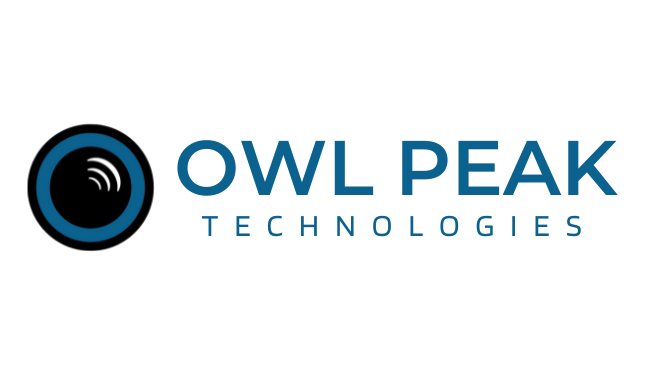Understanding Cancer
Cancer is characterized by the uncontrolled growth and spread of abnormal cells in the body. Cancer affects millions of individuals worldwide, impacting patients and families alike. At its core, cancer arises from genetic mutations that disrupt the natural cycle of cell growth and death, leading to the formation of tumors and the invasion of nearby tissues.
The Challenge of Early Detection
The key to improving outcomes in cancer treatment lies in early detection. Cancers caught at an early stage are typically more responsive to treatment, allowing for a broader range of therapeutic options and significantly improving survival rates. However, detecting early-stage cancer is a challenge, often hindered by the lack of overt symptoms and the limitations of current screening technologies.
The Role of Innovation in Cancer Diagnosis
Advancements in imaging, molecular biology, and artificial intelligence are transforming the landscape of cancer diagnostics. By harnessing these technologies, clinicians can identify cancerous changes with precision, guiding more personalized and effective treatment strategies.
Bridging the Gap: Moving Beyond Traditional Approaches
Traditional screening tools, while valuable, often miss early-stage disease. As we understand more about the underlying biology of cancer, it’s clear that innovative approaches are essential. Tools that capture the metabolic, molecular and physiological changes in patients enable clinicians to intervene sooner and more effectively.
The Future of Early Detection and Prevention
Owl Peak is committed to changing the trajectory of cancer care. The promise of new diagnostic tools is not just to find cancer sooner, but to detect the subtle biological changes that signal its early development—offering hope for preventive interventions and a future where cancer is no longer feared but managed proactively.

